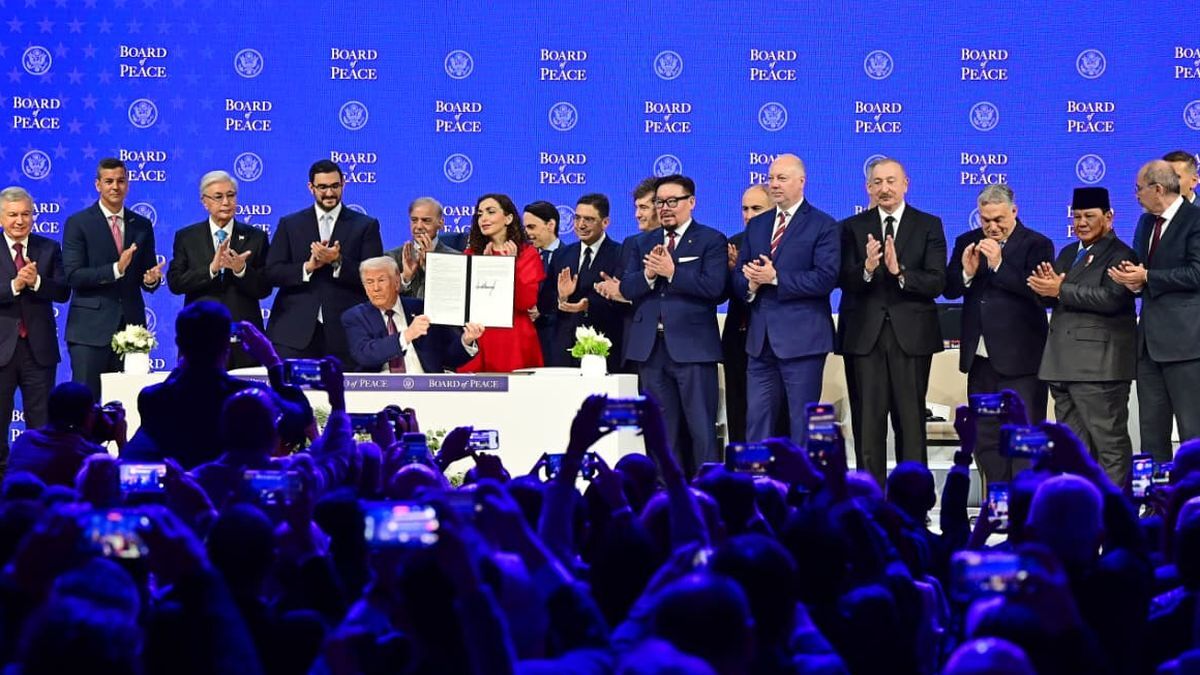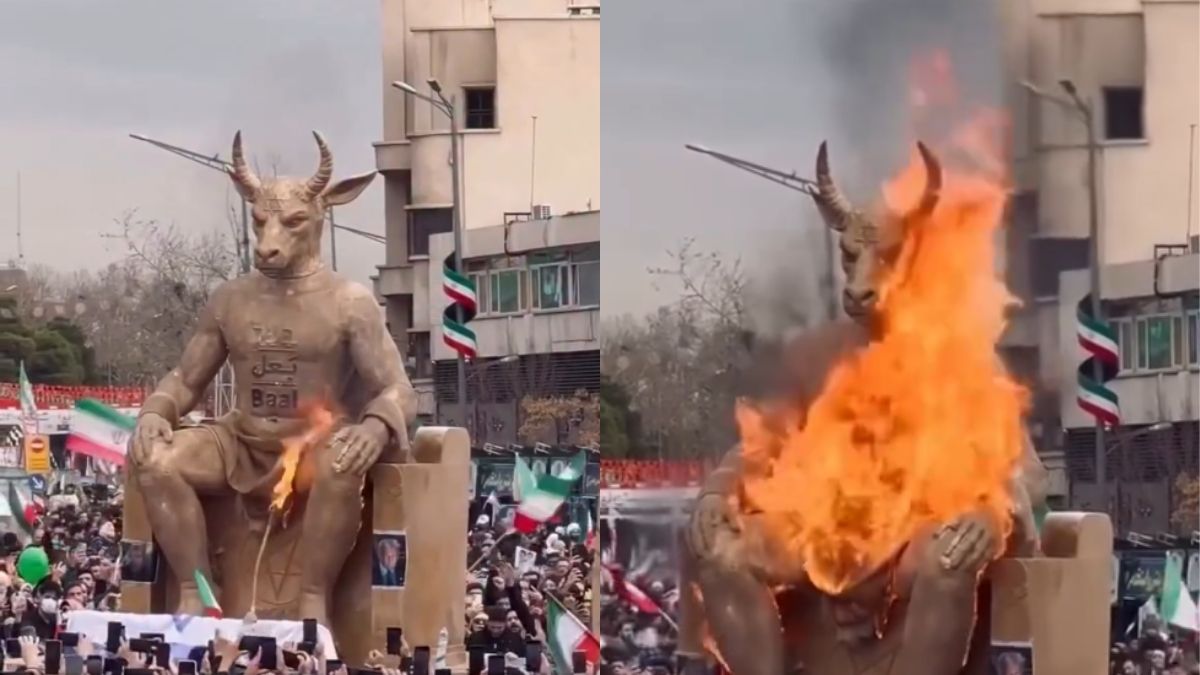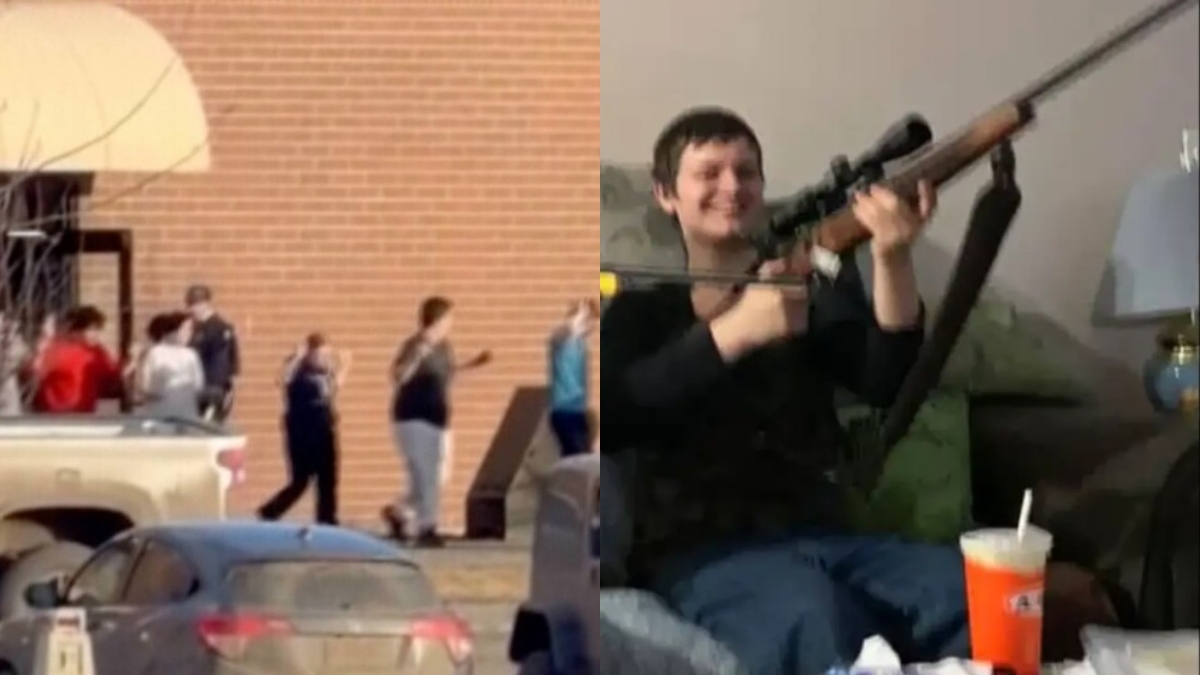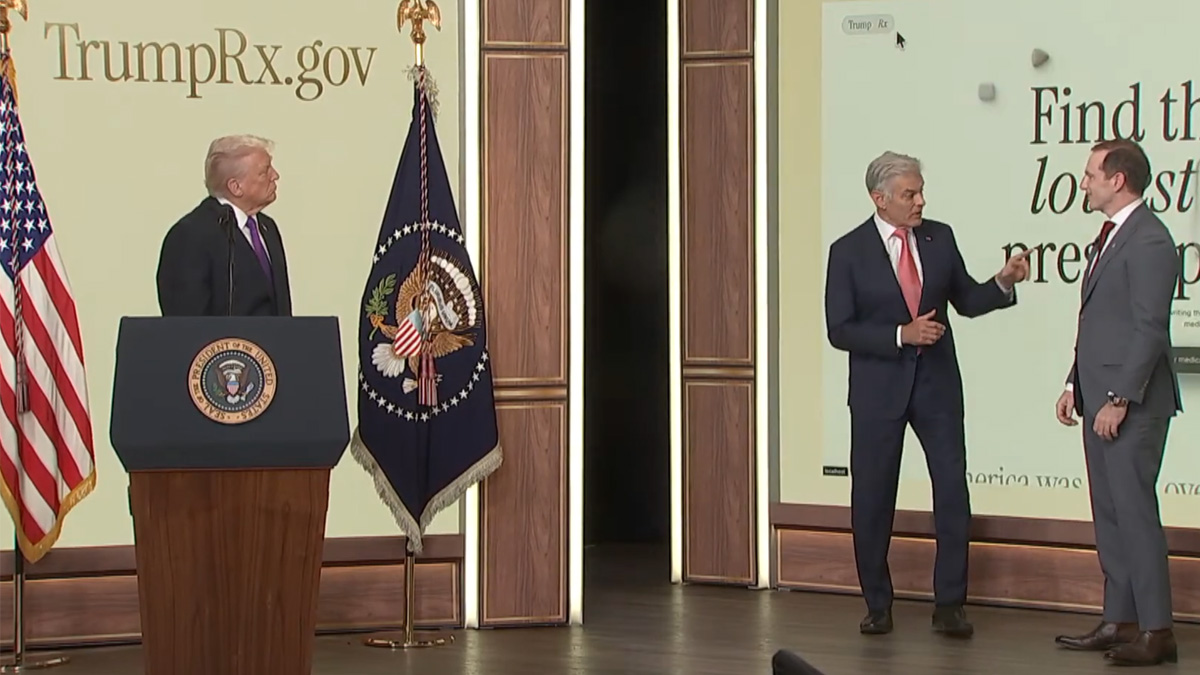Internal documents suggest Netanyahu blocked potential hostage deal in Gaza
Leaked Israeli security and political documents reveal Prime Minister Benjamin Netanyahu rejected proposals that could have secured the release of all remaining hostages in Gaza during early 2025 ceasefire talks. Senior officials reportedly agreed a comprehensive deal was achievable, but Netanyahu prioritized continued military action. Critics, victims’ families, and rights groups accuse the government of deliberately sabotaging hostage recovery, while ongoing conflict and humanitarian crises in Gaza exacerbate Israel’s domestic and international scrutiny.
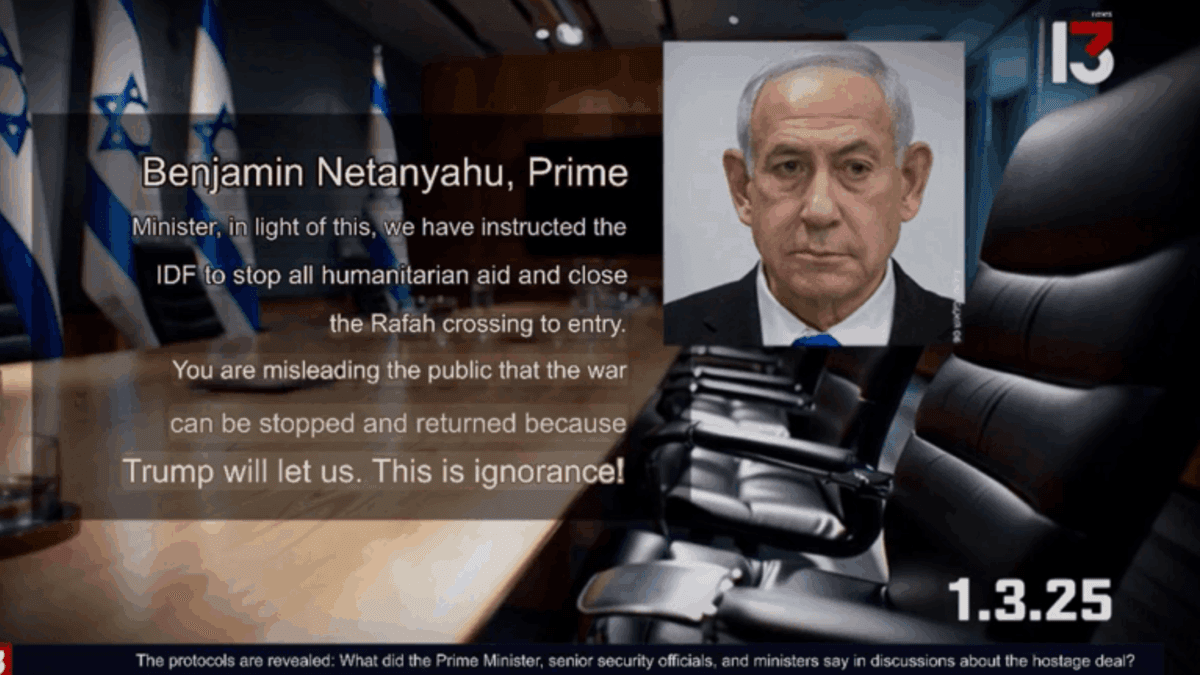
- Internal Israeli documents indicate top security officials supported a full hostage release during early 2025 ceasefire negotiations, but Netanyahu blocked the plan, favoring continued military operations.
- Since the collapse of negotiations in March 2025, nearly 61,000 Palestinians have been killed, around 50 Israeli hostages remain captive, and Israel faces mounting international criticism over humanitarian and legal concerns.
JERUSALEM – Secret protocols from high-level Israeli security and political meetings, revealed this week by Channel 13, indicate that Prime Minister Benjamin Netanyahu blocked proposals that could have secured the release of all remaining hostages in Gaza.
The documents, originating from internal discussions during the most recent ceasefire agreement earlier in 2025, suggest that top Israeli security officials saw a clear opportunity for a comprehensive hostage release. The proposed plan would have transitioned into the second phase of the ceasefire, with the option of resuming military operations afterward.
However, Netanyahu rejected the approach, preferring to continue military action while Hamas remained in power. The Israeli government’s stance has drawn criticism from victims’ families and human rights groups, who accuse leadership of deliberately sabotaging hostage recovery for political reasons.
The first of these high-level meetings reportedly took place on 1 March 2025, shortly after Hamas returned the bodies of four Israeli hostages during the ceasefire’s first phase. Officials debated whether to pursue phase two of the Egypt- and Qatar-brokered agreement, which would have allowed negotiations ending the war in exchange for the release of all captives.
Maj. Gen. Nitzan Alon, overseeing prisoner and missing persons affairs, told political leaders: “The only opportunity to release the captives is to discuss the conditions of phase two.” Shin Bet Director Ronen Bar reportedly added: “We can easily return to the war. Let’s get everyone back first, then resume the fight.”
Strategic Affairs Minister Ron Dermer opposed ending the war under any conditions that would leave Hamas in power. Despite repeated warnings from security officials, Netanyahu and his political circle rejected the proposal. On 18 March, Israel unilaterally resumed military operations, abandoning further negotiations.
Since then, 50 Israeli soldiers have been killed and no captives returned. The Hostages and Missing Families Forum condemned the government, stating that “a comprehensive deal to bring all captives home was possible” and accusing authorities of misleading the public.
Meanwhile, humanitarian conditions in Gaza continue to deteriorate. Nearly 61,000 Palestinians—mostly women and children—have been killed since 7 October 2023, according to health officials. Over 10,800 Palestinians are detained in Israeli prisons, facing reports of torture, starvation, and medical neglect. Malnutrition has claimed at least 175 lives, including 93 children. The IPC reported on 29 July 2025 that Gaza is facing a worst-case famine scenario.
The Israeli government’s blockade and handling of humanitarian aid have attracted global condemnation. Internal assessments reportedly acknowledge that the leadership miscalculated, believing humanitarian pressure would force Hamas to surrender—a strategy that has failed to achieve any military or political gains.
Adding to the political dimension is Netanyahu’s ongoing corruption trial, with observers noting he may have incentives to prolong the conflict to shield himself from legal consequences and maintain political cohesion. In 2024, the International Criminal Court issued arrest warrants against Netanyahu and former Defence Minister Yoav Gallant for alleged war crimes in Gaza. Israel also faces genocide charges at the International Court of Justice.
Despite this, Israel withdrew from indirect negotiations in Doha with Hamas last week, citing irreconcilable differences over Gaza withdrawal, war termination, and Palestinian prisoners. The newly disclosed internal documents further fuel scrutiny, revealing that top security officials believed a full hostage deal was achievable but were overruled.
With every passing month, the failure to recover the remaining hostages—around 50, with only 20 believed to still be alive—continues to generate public outrage. The conflict, now approaching its second year, has produced mounting casualties and international isolation, while a viable path to resolving the hostage situation remains elusive.


